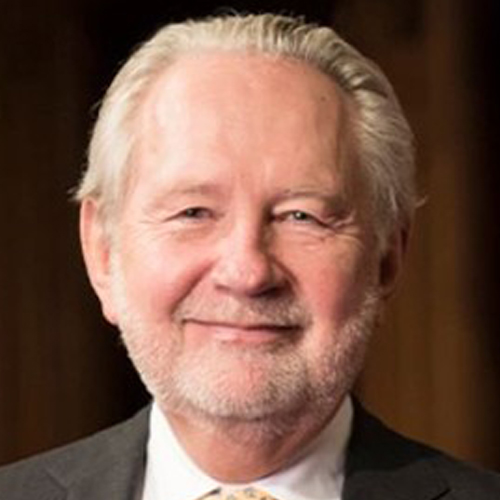
Neighbours may not always agree on the height of a shared fence, but sensible ones find a way to talk before calling the bylaw officials, lest a manageable dispute poisons future harmony.
In December, the Canadian government followed in lockstep with its U.S., Australian and U.K. counterparts by announcing a diplomatic boycott of this year’s Winter Olympic Games in Beijing. While I disagree with this approach, it’s a decision that has been made and one that now has to be implemented.
However, the determination to join the diplomatic boycott must not become a guide for the way we deal with China in the future. In times of world crises like these, it’s more important than ever to engage with countries with which we must co-exist, even if we disagree with them on some issues. While it may seem trite to say, we are truly in this together.
Critics often argue that those promoting engagement care only about chasing the almighty buck. As the former president of the Canada China Business Council, I am familiar with this criticism. But I’d argue there are three existential world threats transcending all others that China must be part of resolving: potential devastation wrought by climate change; proliferation and potential use of nuclear weapons; and the spread of deadly infection such as what we are facing today with COVID-19. China is a world power, and Canadians cannot simply will that fact away by leaving the diplomatic field.
Take climate change. As the world’s second-largest economy and largest overall emitter of CO2, China must be at the centre of international efforts to reduce pollution; hence the need for engagement. It is also estimated that China will build eight million electric cars a year by 2028, compared with 1.4 million a year for the United States. China’s efforts in this regard should be encouraged. Trade wars will not help us deal with the greatest existential menace currently facing the globe.
Second, with respect to the pandemic, Western scientists rightly thanked China when it published a draft genetic sequence of the virus within days of it being detected in Wuhan province. This information was crucial to the development of vaccines that are helping us gain control over the virus. The contribution of China’s considerable resources in helping curb future outbreaks is welcome and necessary.
Finally, with respect to the use, development and stockpiling of nuclear weapons, China, as a nuclear power, must be included in any future efforts on limitation. Perhaps more importantly, engagement can reduce the likelihood of a strategic error, such as a nation locking itself into an aggressive stance it cannot remove itself from for fear of losing face. Taiwan comes to mind.
What can Canada contribute? For one thing, as a mid-size power, we can weigh in by playing a traditional multilateral and honest broker’s role. For example, World Trade Organization reform is critical to keeping the world trading regime relevant. Canada can and does play an important role in advocating for such reform. The same can be said for World Health Organization reform, where transparency and concern for vaccine fairness will be crucial for COVID containment.
We can also pursue engagement beyond government-to-government interlocution. This means business, academia and civil society should all play a part by linking with their Chinese counterparts. These discussions bubble up to respective government officials and can have a way of ameliorating potential conflicts. For instance, Canadian business interests throughout China have developed relationships with senior Chinese regional or local officials. These relationships build confidence in expanding areas of mutual investment and co-operation. Similarly, our think tanks should strengthen their engagement with emerging Chinese institutions. The Beijing-based Center for China and Globalization is an excellent non-governmental forum for debating areas of conflict and co-operation.
Legal steps must be taken against China for initial inaction
When it comes to Canada-China relations, it is time to look North
To be sure, China’s record on human rights is hardly a paragon. It is important to firmly call out any nation for abuse of its citizens or those of other nations, as in the case of the two Michaels. China should be held accountable for its actions on democratic rights in Hong Kong and the abuse of its Uyghur Muslim minority.
But it’s not as though we can’t point out wrongs and also continue to discuss issues of common interest.
Many other nations have mistreated their own citizens and that has not stopped us from exchanging views. Indeed, during many of our own lifetimes, segregation laws existed in much of the U.S. South and regularly led to violence.
When former Canadian prime minister Lester Pearson suggested in 1965 that the U.S. consider a pause in bombing during the Vietnam War – and was rebuked by then-U.S. president Lyndon Johnson for doing so – our two nations had signed the Canada-U.S. auto pact only a few months before.
So it’s not impossible to speak hard truths when needed, while also pursuing constructive engagement. It’s easy to talk to someone when you agree – tougher but more necessary when you don’t.









